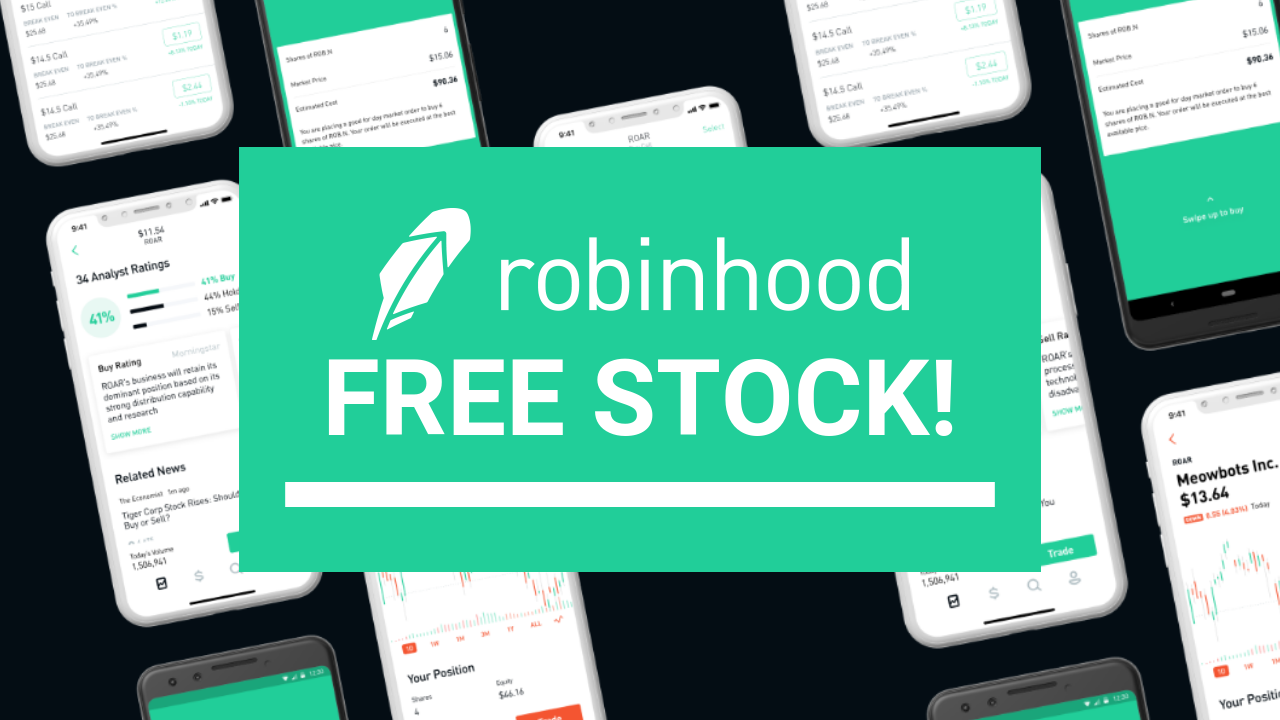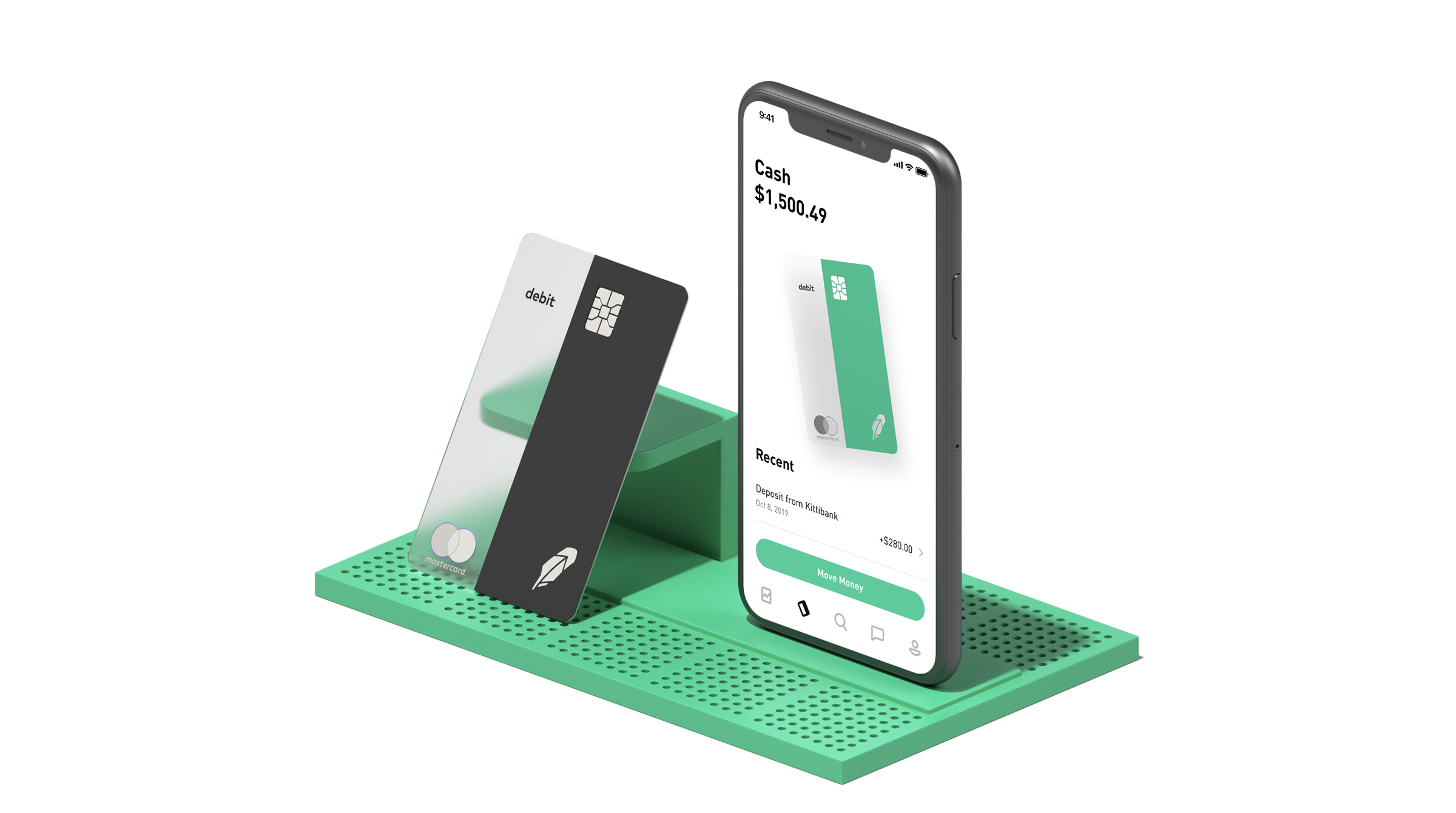JPMorgan Removes Lending Barriers in Booming U.S. Markets

TJPMorgan Chase & Co. (JPM),
the nation’s largest bank by assets, is easing mortgage lending
standards in housing markets hard hit by the crash where prices are
surging.
he bank lowered some down payment requirements in Florida, Nevada, Arizona and Michigan because they will “no longer be considered distressed states,” it informed smaller lenders it buys loans from in July. The second-largest U.S. mortgage lender also loosened underwriting requirements for a refinancing program for Federal Housing Administration borrowers.
As the economy rebounds and home values climb at about the fastest pace since 2006, lenders including the largest, Wells Fargo & Co. (WFC), JPMorgan, Bank of America Corp. (BAC), and mortgage insurers are easing the tightest credit conditions in two decades, lifting restrictions put in place after the worst real estate bust since the Great Depression. Banks are being forced to compete harder for customers after a spike in borrowing costs from near-record lows slowed refinancing by 60 percent and curbed what had been record profits.
“Historically, you make underwriting as tough as possible when people are lined up at the door and when the lines go away, you start loosening underwriting to get people back,” said Guy Cecala, publisher of Inside Mortgage Finance.
Fed Survey
More than 10 percent of banks reported they loosened standards on “prime” or low-risk residential loans in recent months, according to the Federal Reserve’s July survey of senior loan officers. The average FICO score for closed loans fell to 737 in July, the lowest level since at least August 2011, according to data compiled by Pleasanton, California-based Ellie Mae. Borrowers loan-to-value and debt-to-income ratios also increased from May, signaling lenders are willing to accept more risk to maintain volume.
Wells Fargo (WAC), which originated about 1 in 4 U.S. home loans in the first half of the year, has relaxed certain credit standards and is requiring borrowers to put up less equity to buy high-priced homes.
The San
Francisco-based bank began, on July 13, to offer nonconforming loans
with a loan-to-value ratio of 85 percent, up from 80 percent, according
to Tom Goyda, a bank spokesman. That means borrowers have to come up
with less equity to get financing. The terms on the loans, which are too
large for purchase by Fannie Mae (FNMA) and Freddie Mac, apply for new home purchases and refinancing, and don’t require mortgage insurance, Goyda said in an e-mail.
Fed Survey
More than 10 percent of banks reported they loosened standards on “prime” or low-risk residential loans in recent months, according to the Federal Reserve’s July survey of senior loan officers. The average FICO score for closed loans fell to 737 in July, the lowest level since at least August 2011, according to data compiled by Pleasanton, California-based Ellie Mae. Borrowers loan-to-value and debt-to-income ratios also increased from May, signaling lenders are willing to accept more risk to maintain volume.
Wells Fargo (WAC), which originated about 1 in 4 U.S. home loans in the first half of the year, has relaxed certain credit standards and is requiring borrowers to put up less equity to buy high-priced homes.
The San Francisco-based bank began, on July 13, to offer nonconforming loans with a loan-to-value ratio of 85 percent, up from 80 percent, according to Tom Goyda, a bank spokesman. That means borrowers have to come up with less equity to get financing. The terms on the loans, which are too large for purchase by Fannie Mae (FNMA) and Freddie Mac, apply for new home purchases and refinancing, and don’t require mortgage insurance, Goyda said in an e-mail.
‘Total Picture’
“Getting approved for a home loan hinges on a borrower’s total financial picture,” Goyda said in an e-mailed statement. “We are always evaluating our credit standards in light of market conditions and trends.”
Goyda declined to provide further details on where Wells Fargo has eased underwriting restrictions.
JPMorgan removed a minimum 640 credit score requirement for the FHA’s streamlined refinancing program in May, enabling more borrowers to get new home loans at lower interest rates, according to spokeswoman Amy Bonitatibus.
Banks are trying to lure more borrowers after refinancing applications dropped to a two-year low. The industry benefitted from record profit margins last year, when refinancing accounted for 76 percent of last year’s $1.75 trillion in loan originations.
JPMorgan Chief Executive Officer Jamie Dimon told investors in July that rising interest rates could trigger a “dramatic reduction” in the bank’s mortgage profits after mortgage fees and related revenue at the bank dropped 20 percent to $1.82 billion in the second quarter, compared with $2.27 billion a year earlier.
Eliminating Jobs
An increase in lending for home purchases won’t be enough to replace a drop in refinancings, JPMorgan Chief Financial Officer Marianne Lake said in a presentation at an investor conference this week. The bank’s pretax-profit margins and income on mortgage lending will be “slightly negative” in the third and fourth quarters as the firm takes time to adjust its fixed costs. The firm is eliminating as many as 19,000 jobs in its mortgage and community-banking divisions through 2014 as Dimon trims expenses, JPMorgan said in February.
“We continuously review our lending standards to help families buy homes they can afford over the long term,” Bonitatibus said. “We have responded to improvements in the housing market by removing some additional requirements we put in place in hard-hit markets during the crisis.”
Bank of America has been easing underwriting standards in markets it designated as “soft” in certain parts of the country as the housing market improves, said Kris Yamamoto, a company spokeswoman.
Loosened Credit
Since Federal Reserve Chairman Ben S. Bernanke indicated the central bank may slow its purchases of government and mortgage bonds, the average rate on 30-year home loans has risen more than 1.2 percentage points after hitting a low of 3.35 percent in May, according to Freddie Mac data.
“Loosened mortgage credit would offset some of the impact of rising rates, which make homeownership more expensive,” said Jed Kolko, chief economist at San Francisco-based property-listings service Trulia Inc. “Because rates are rising, demand for refinancing has plummeted and some banks have suggested that would open up capacity for home-purchase lending.”
The U.S. homeownership rate fell to 65 percent this year, its lowest level since 1995, according to Census Bureau data, as fewer people were able to qualify for a mortgage. Banks are starting to ease credit with home prices across the country rising 12.1 percent in June from a year earlier, according to the S&P/Case-Shiller index of 20 cities.
Cash Buyers
Prices in some of the hardest-hit markets have rebounded faster. Las Vegas gained 24.9 percent, Phoenix showed a 19.8 percent increase, Detroit rose 16.4 percent Miami-area values were up 14.8 percent.
Private-equity firms such as Blackstone Group LP building rental businesses and other cash buyers have helped lift house prices in cities showing some of the biggest gains. Their mass purchases have made it more difficult for borrowers seeking mortgage financing, as they compete for a shrinking supply of properties.
In Florida, lenders including JPMorgan and mortgage insurers this year removed many of the additional requirements that had helped to push the share of cash buyers above 45 percent in the second quarter, said Rob Nunziata, co-Chief Executive Officer of FBC Mortgage LLC.
Florida Downpayments
JPMorgan decreased the minimum downpayment on mortgages made in Florida for primary residences to 5 percent from 10 percent and down to 10 percent from 20 percent for second homes, according to Bonitatibus.
“Those restrictions have handcuffed Florida buyers,” Nunziata said, also referring to mortgage insurers and banks. “When you had restrictions telling buyers they had to put down an extra 5 to 15 percent in some cases, that eliminated a lot of potential buyers from qualifying.”
Mortgage insurers that restricted coverage during the housing crisis, including MGIC Investment Corp. (MTG) and Genworth Financial Inc. (GNW), have eased underwriting guidelines this year as the market improves.
During the crash, borrowers in California, Florida, Nevada and Arizona needed a credit score of at least 700 and could have a maximum loan-to-value ratio of 90 percent to qualify for mortgage insurance with MGIC, said Sal Miosi, vice president of marketing at the Milwaukee-based firm.
Added Complexity
Last month, the third-largest U.S. mortgage insurer limited rules so borrowers whose loans qualify for purchase by Fannie Mae or Freddie Mac with credit scores of at least 620 and a loan-to-value ratio up to 97 percent can get insurance coverage, according to Miosi.
Additional restrictions “weren’t contributing to the credit quality, they were just adding to complexity,” he said.
Genworth Financial Inc., the fourth-largest mortgage insurer in the country, broadened credit guidelines in the first quarter of 2013 and reduced pricing, Rohit Gupta, chief executive officer of the company’s U.S. mortgage insurance business, said in an e-mailed statement.
Banks are still taking a cautious credit posture, according to David H. Stevens, CEO of the Mortgage Bankers Association.
“You’re starting from a very narrow market, so any expansion wouldn’t go near the reckless lending practices of the early 2000s,” he said. “We’re in the most conservative overall credit environment for housing finance that we’ve seen in almost three decades.”
Risky Lending
A decrease in access for interest-only loans and those with terms longer than 30 years led to a slide in a Mortgage Bankers Association measure of loan availability last month.
Those types of loans are less attractive to banks as planned rules created by the Consumer Financial Protection Bureau to curb abusive or risky lending kick in next year.
Credit has been loosening faster for the wealthiest Americans, since bigger loans are mostly put on bank balance sheets instead of packaged into securities that get sold to investors. Applications for jumbo mortgages of at least $729,000 increased 59 percent in the first four months from a year earlier. Loans of less than $150,000, fell by 2.1 percent, according to the MBA.
President Barack Obama’s administration has been pushing to expand homeownership opportunities as families rebuilding from the recession face some of the tightest underwriting standards. The president last month introduced new housing reforms targeted at middle-class communities.
Borrowers with foreclosures or bankruptcies resulting from a job or income loss can now finance a home purchase with an FHA mortgage as long as they demonstrate 12 months of timely payments, complete housing counseling and otherwise qualify. The FHA, a government mortgage insurer, previously required a three-year wait.
More than 7 million houses have been sold for a loss or lost to foreclosure since 2007, according to RealtyTrac.
“The reaction post-bust was a bit extreme but we’re returning to more prudent underwriting standards,” said Erin Lantz, director of mortgages at Seattle-based Zillow Inc.
To contact the reporters on this story: Heather Perlberg in New York at perlberg@bloomberg.net Prashant Gopal in Boston at pgopal2@bloomberg.net
To contact the editors responsible for this story: Rob Urban at robprag@bloomberg.net;
In : 848FINACE
Tags: jpmorgan removes lending barriers in booming u.s. markets






























